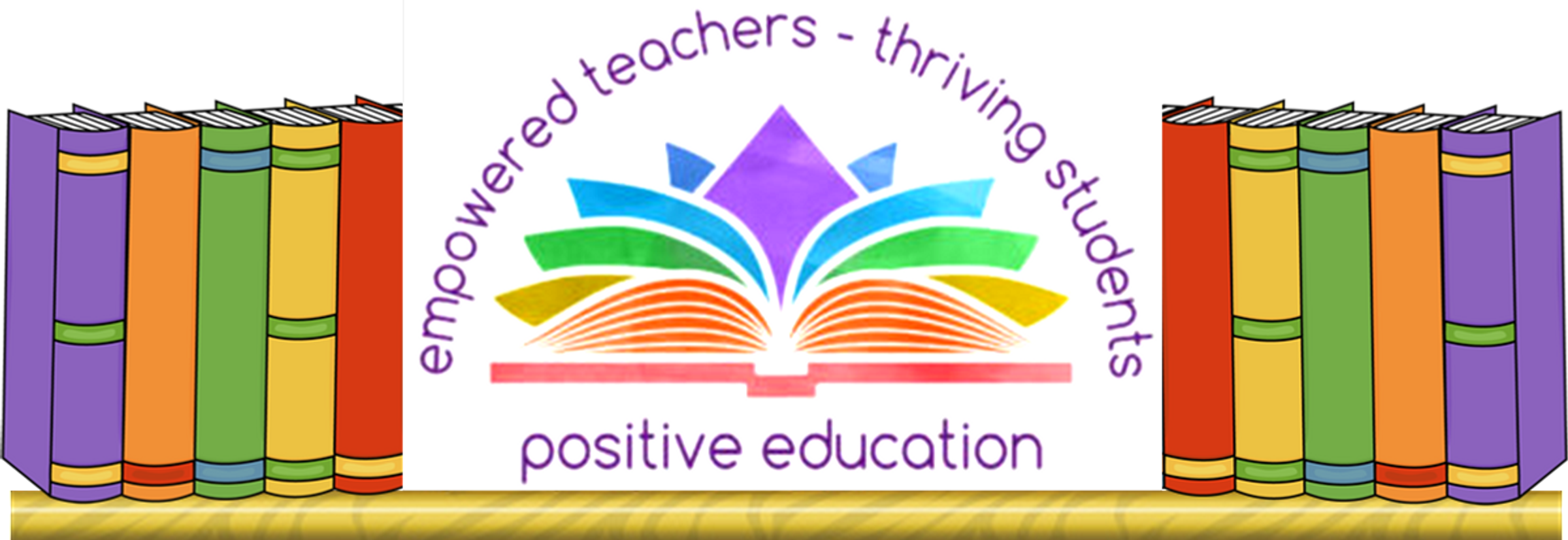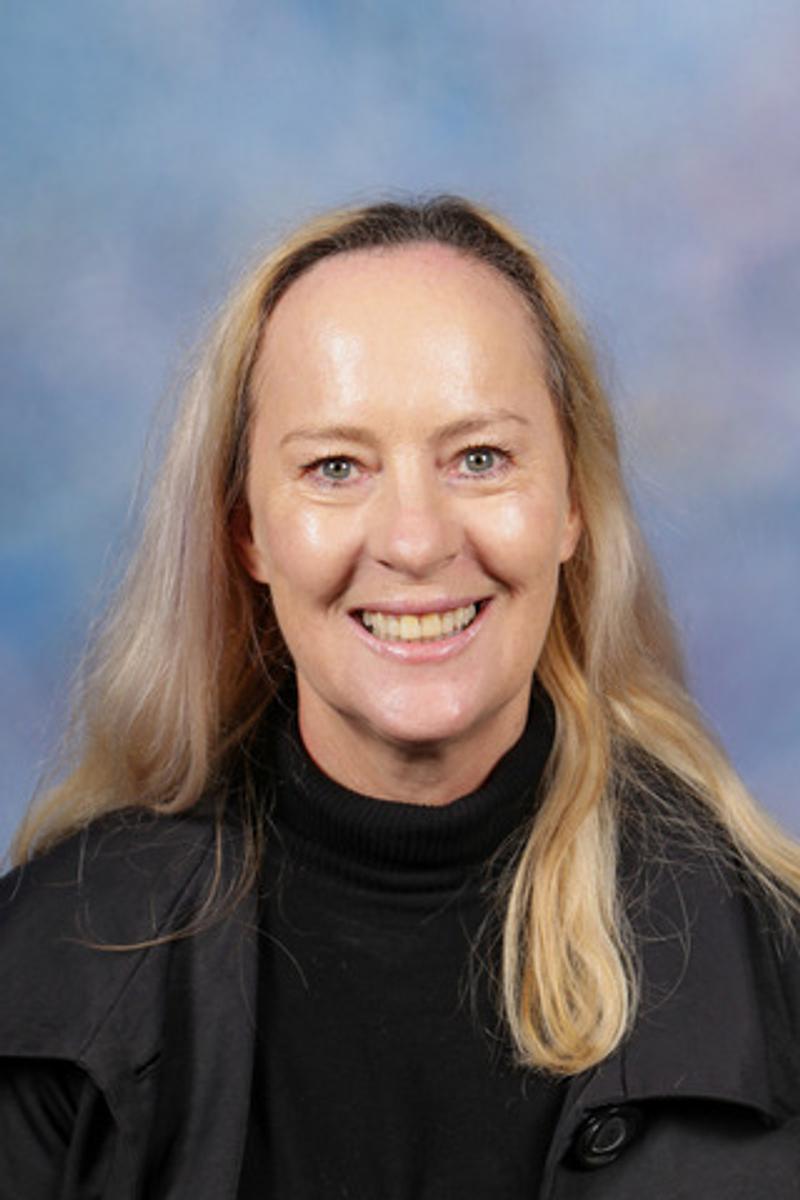Positive Education

Racism – Call it Out
Recently an Indigenous footballer, Robbie Young, was the victim, yet again, of racial slurs and insults. And once again Eddie Betts, a proud Wirangu and Kokatha man stepped up to challenge all Australians to take a stand and call it out. Australia is a multicultural society and everyone should have the right to feel welcomed and included in all aspects of our social, sporting and school life, especially our First Nations people. It is not the responsibility of Indigenous people to educate other Australians about racism and discrimination – we are all responsible for our words and our actions and we all need to educate ourselves.
So let’s all stand up and fight racism, in whatever it takes, whether it is Islamophobia, or hate speech against any ethnic or cultural group – let’s be the voice that says no, we will not tolerate racial vilification – let’s be better than that.
In a recent article Eddie Betts explained how it hurts every time he is racially vilified, how he is always wondering when the next racial attack will attack and how drained he was having to fight and stand up every time.
"I'm kind and I always like to give people a second chance and I always like to educate people. I've got to set up barriers every day when I leave the house, thinking I'm going to get racially abused when I'm driving or when I go to a supermarket. All I want to do is rock up to training, play and enjoy the game of footy.
I'm sick and tired of it but I want the AFL to be a safe platform for young Aboriginal kids to come and enjoy and play footy without being racially abused.
It’s up to you guys to make change.
Start those conversations at home, start it with your friends, your family, call out racism when you see it because there’s no room for racism in Australia”.
Colleen Hart
Positive Education Coordinator
Your words are weapons – your words hurt
We are all human beings. The impact of insulting and attacking another person because of their race is devastating and is the reason why I and many other POC (people of colour) are scared for their safety. It is now time to take accountability for your actions, past and present and to educate yourselves to build a safer and fairer world.
If you see it or hear it, call it out and say no to racism!
Madison Sami
Social Justice Captain
Student Voice
In a time of great uncertainty and a world still reeling from a global pandemic, our young people are struggling with mental health issues in unprecedented levels. The stress and anxiety facing parents who have lost their jobs, coupled with social isolation and educational disruption, are likely to put many children at a significantly higher risk of poorer education and health outcomes.
When we move back to onsite we will need to shift our focus from how we deliver education remotely, to how we support a huge newly vulnerable population of students.
Along with an emphasis on academic learning and re-engaging students with school routines, all of our students will benefit from an increased focus on health and well-being in schools. Supporting students to reconnect socially and build their own resilience will improve academic learning and should be central to schools’ efforts.
So let’s listen to the words of one of our students, who explained just how it feels to be a young person in the 2021. (This is a brief, although powerful excerpt of a much longer article Kaynat has written).
The Drowning Youth
The youth of today is drowning. Why drowning? Because it is symbolised through the work, effort and determination each individual between the ages of 13-25 is showing at the moment. With necks becoming weaker than ever, bowed down under the weight of uncertainty, stress and fear and insecurities which are bolder than their personalities. Drowning concludes the suffocation that they feel when it comes to being themselves now. They are slowly falling into the deep hole of their own feelings and emotions of guilt, fear, manipulation and distress, every day, every second, always. The current youth population worldwide is 1.8 billion and growing, if the mental state of the youth now, is crippling, then the prediction for the next generation is severely concerning.
How? Through the contributing factors of parents, stress and equally as important, unemployment. The lives of young people need to be accounted for, as it is up to them to save the world from the future’s catastrophic danger and keep themselves in the growth mindset of things. It is ever more challenging than continuing the practices of the past generation into a contemporary world.
Parents play a crucial role in bringing us up, guiding us through our very firsts of things. But it is commonly seen and felt, as soon as the child touches a ‘mature’ age of 13 their guidance and presence become full of pressure, downgrading and uncomforting at times. Although parents want the ‘best' for their kids, are the expectations, drawing comparisons and being absent towards their kid benefitting them or their child(ren) in a healthy way? Expectations should be there as boundaries set by the individual themselves rather than their parents, because every individual has different goals and achieving them is their responsibility.
Stress in the language of high schoolers is defined as a lack of punctuality, effort, perseverance and commitment. Stress in the language of uni students and those working, isn’t different from the list above, it just gets bigger at each step. Stress comes in the forms of many everyday activities such as study, social media and family problems but is the youth overreacting to these situations, or is the concern towards them non-existent?
When it comes to studying, it is an undeniable fact that the twelfth year of studies is filled with tensions in each empty space of air, as it is the year to get the grades needed for them to get into the university course, they desire to go into. The impact of stress can change an individual’s ability to tackle situations, with the already heaviness feeling, confusion and doubt with the thoughts in their head at that moment, can alter the way the person who is usually calm, react in an outraged manner, feeling irritated and impatient with what’s happening around them. Tackling these situations at school for the youth now is still a challenge and the past two years of lockdown haven’t favoured them in any way. Young people want their stress to be acknowledged and understood by their school, not making it a subject to stigma.
Social media has become a part of every member of the youth’s regime worldwide. As much as it promotes positivity through the active celebrities on there, social media is another stress generator wanting perfection from everyone on it even if it's fake perfection through filters and plagiarism. It sets the wrong standards and reality for the youth of today which is struggling and coping with stress. Asserting the fact that people go on social media to show their ‘perfect selves’ and in reality, no one has the perfect life in any way, being judged is the biggest insecurity one feels on social media as it comes to mind ‘what will people say’ when posting a picture or thought of yourself. Social media is a part of the starter pack for all teenagers, becoming open on it and portraying your life on it which may not be accurate can significantly impact their mental health, feeling manipulated between the two lives.
In conclusion, our youth is drowning in both external and internal situations which are impacting their mental health from being prioritised in this ‘modern world’, suppressing their feeling and emotions, stopping their hands from raising and their voices are limited to the small taps on their phone screens. Our youth cannot keep standing back to watch the show unfold under the supervision of the past generations, who will be leaving us with the damaged world they created for today’s youth to live in. The voice a child of youth has, comes with the largest audience, taking into consideration Greta Thunberg, as much as I’m not saying to become her, I’m only advocating the fact that we need to take a stand and put in practice the right of free speech each and every individual inherits, in order to put this place back into a world rather than a gas chamber (but substituted with a virus). The stress won’t be pushed down but more strength will be given mentally to face the hurdles causing it, parents won’t stop “being parents” because they are only repeating history by following the practices of their parents but now change needs to be made and soon. Let’s keep our young people afloat. Save our drowning youth.
More about the Author
Kaynat Virk 11A, a high schooler and a member of the youth, is living with the vision to awake the current youth to accept earth is home and save it for the present and coming generations. The Drowning Youth is her first feature article to highlight why the youth of today and past generations have substituted societal development with their own needs.



